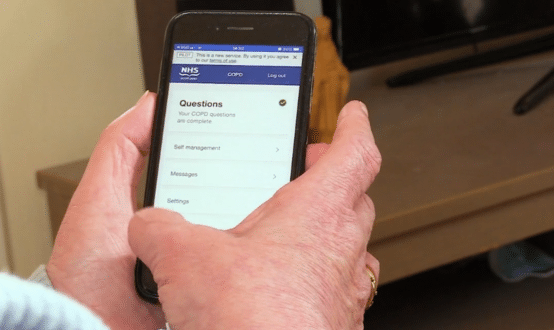NHS not making enough use of technology
- 24 October 2008
The NHS is failing to make use of everyday technology such as e-mail to deliver reponsive and convenient patient services.
A new report by the King’s Fund health think tank says the health service must be more innovative in its use of everyday technology to improve care for patients.
It says there is an absence of strong leadership and direction, with “little evidence of real impetus and drive for the adoption of technology”. In addition, the heavy reliance placed on centrally driven and funded projects like the NHS National Programme for IT (NPfIT), “might, not in fact, work in practice”.
The report, Technology in the NHS, says the NHS is also lagging behind other sectors such as banking and travel, in its use of technologies such as video-conferencing or webchats to improve patient care.
It says even well-established technologies, such as e-mail and the internet, are not being used routinely in the NHS. More widespread use could enable patients with booking GP appointments, receiving routine test results, view their medical records or have online consultations says the report.
By embedding everday technology into its services and introducing more advanced technologies, the NHS could improve the patient experience, deliver better clinical outcomes and save money.
However, the report says that top-down, policy-led technology adoption of the kind embodied by NPfIT, may only be part of the solution and may inadvertently create problems. The report notes the NPfIT programme is late, has seen costs escalate and run into signfiicant problems.
Alistair Liddell co-author of the report said: “Consumers are accustomed to using technology in their daily lives – 17 million people bank online and 55 per cent of internet users book their holidays online. Yet new technologies, and even basic ones, are not embedded in the health service.”
Liddell added that leading technology companies were beginning to respond to this demand: “Consumers are increasingly expecting to use technology in their health care, and technology companies such as Google and Intel are responding to this demand.”
The King’s Fund suggests the NHS could send tests results out via e-mail or allow patients to have webchats with doctors – both of which would improve the patient experience.
It also advocates using video conferencing between senior hospital doctors and a patient’s family. It says improving the use of technology would be particularly helpful to people with long-term conditions such as diabetes.
Diagnosing why the NHS is failing to make full use of available technology the King’s Fund report cites a lack of incentives, resources and leadership.
Liddell said for the NHS to improve its use of technology “will require an understanding of why useful technology is not being adopted and a determination to overcome these barriers.”
The report calls on the DH to “create a culture and climate that encourages innovation and technology adoption within the NHS.”
It suggests that NICE should carry out assessments of technology so they can be accelerated from trials to adoption. More informal mechanisms are required for assessing the costs, benefits and risks of new technologies.
The report also calls on the NHS to work more closely with industry to improve the technology procurement process. “This includes working with technology companies to help them build business cases for their products.”




